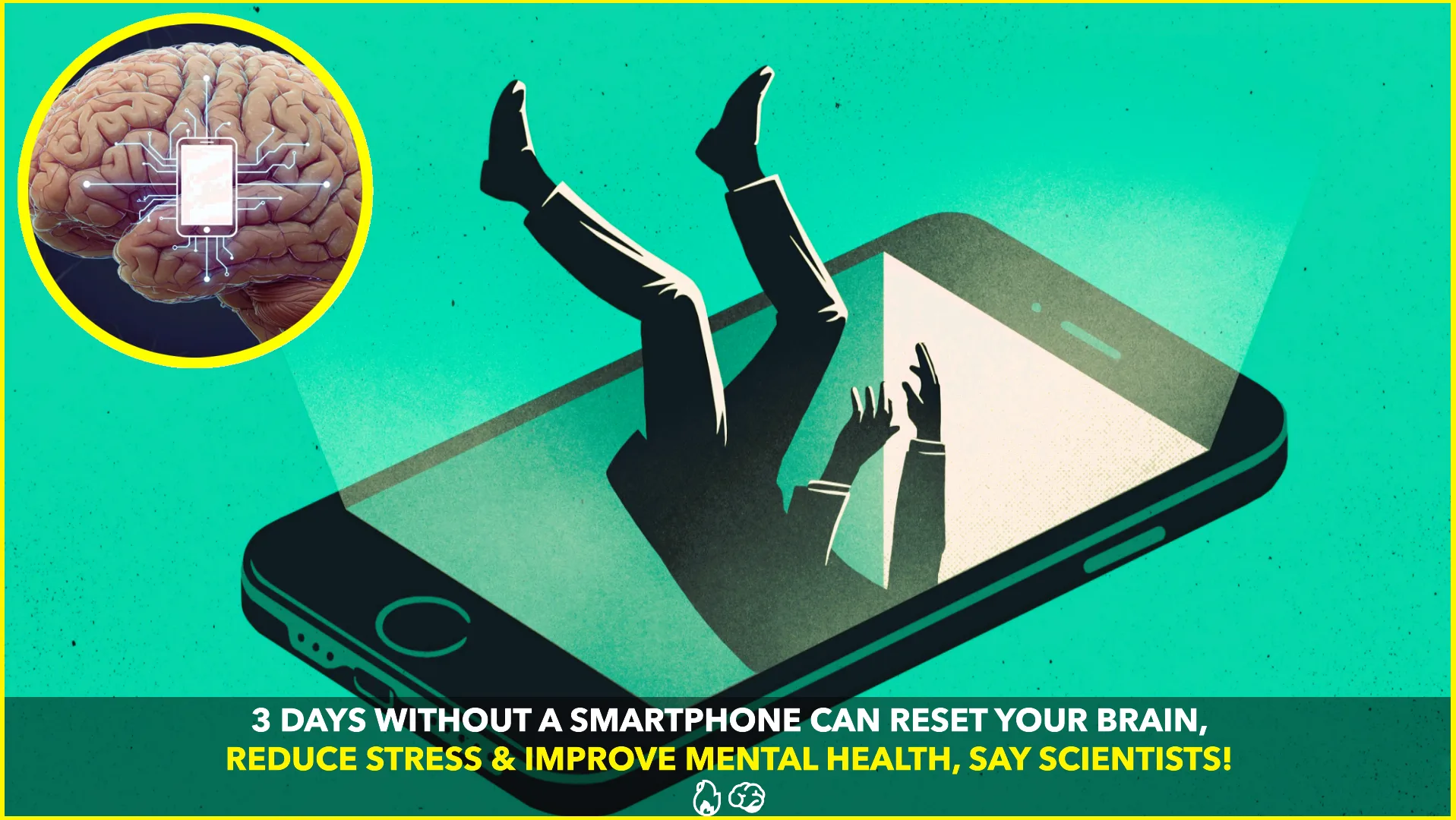In an era dominated by constant connectivity, the idea of disconnecting from smartphones, even briefly, might seem daunting. However, emerging research indicates that a short digital detox can lead to significant positive changes in brain activity, particularly in areas associated with addiction and reward processing.
The Neuroscience Behind Smartphone Detox
A recent study conducted by researchers at the Universities of Heidelberg and Cologne explored the effects of a 72-hour smartphone abstinence on brain activity. Participants underwent functional magnetic resonance imaging (fMRI) scans before and after the detox period. The results revealed notable changes in brain regions linked to reward-seeking behavior and cravings when exposed to smartphone-related stimuli. These findings suggest that excessive smartphone use can activate neural pathways similar to those involved in substance addiction .blue NewsThe Indian ExpressScienceDirect
Dr. Shaunak Ajinkya, a psychiatrist at Kokilaben Dhirubhai Ambani Hospital in Mumbai, emphasized the significance of these findings. He noted that the three-day phone detox led to a noticeable reduction in stress and anxiety levels among participants, without inducing severe withdrawal symptoms. Some individuals even reported improved moods, highlighting the potential mental health benefits of short-term digital abstinence .The Indian Express+1The Indian Express+1PMC
Mental Health Benefits of Digital Detox
Beyond neurological changes, digital detoxes have been associated with improvements in mental well-being. A systematic review and meta-analysis published in PubMed analyzed multiple studies on digital detox interventions. The analysis found that such interventions significantly reduced depressive symptoms among participants. However, effects on life satisfaction, stress, and overall mental well-being were more nuanced, indicating that while digital detox can alleviate certain aspects of mental distress, its impact may vary across different mental health domains .PubMed+1PMC+1
Another study highlighted by National Geographic focused on a two-week social media detox among young adults. Participants limited their social media use to 30 minutes per day. The study reported improvements in self-esteem, reduced body shame, and enhanced self-compassion. These findings underscore the potential of digital detoxes to foster positive self-perception and emotional health .PMC+3National Geographic+3PMC+3
Implementing a Digital Detox
For those considering a digital detox, experts recommend starting with manageable steps:
- Designate Phone-Free Periods: Set specific times during the day, such as during meals or before bedtime, to be free from phone use.
- Disable Non-Essential Notifications: Reducing the number of alerts can decrease the urge to check the phone frequently.The Indian Express
- Engage in Offline Activities: Pursue hobbies or activities that don’t involve screens, like reading, exercising, or spending time outdoors.
- Create Tech-Free Zones: Establish areas in the home, such as the bedroom, where phone use is discouraged.
Dr. Ajinkya also suggests that even if a full three-day detox isn’t feasible, incorporating regular short breaks from digital devices can enhance real-world relationships and emotional intelligence. By becoming more attuned to nonverbal cues and developing better active listening skills, individuals can strengthen their interpersonal connections .PMC+2The Indian Express+2The Indian Express+2
Conclusion
The evidence suggests that even a brief hiatus from smartphone use can lead to measurable benefits in brain function and mental health. By recalibrating the brain’s reward system and reducing stress and anxiety levels, a short digital detox offers a compelling case for periodically unplugging in our hyper-connected world.










